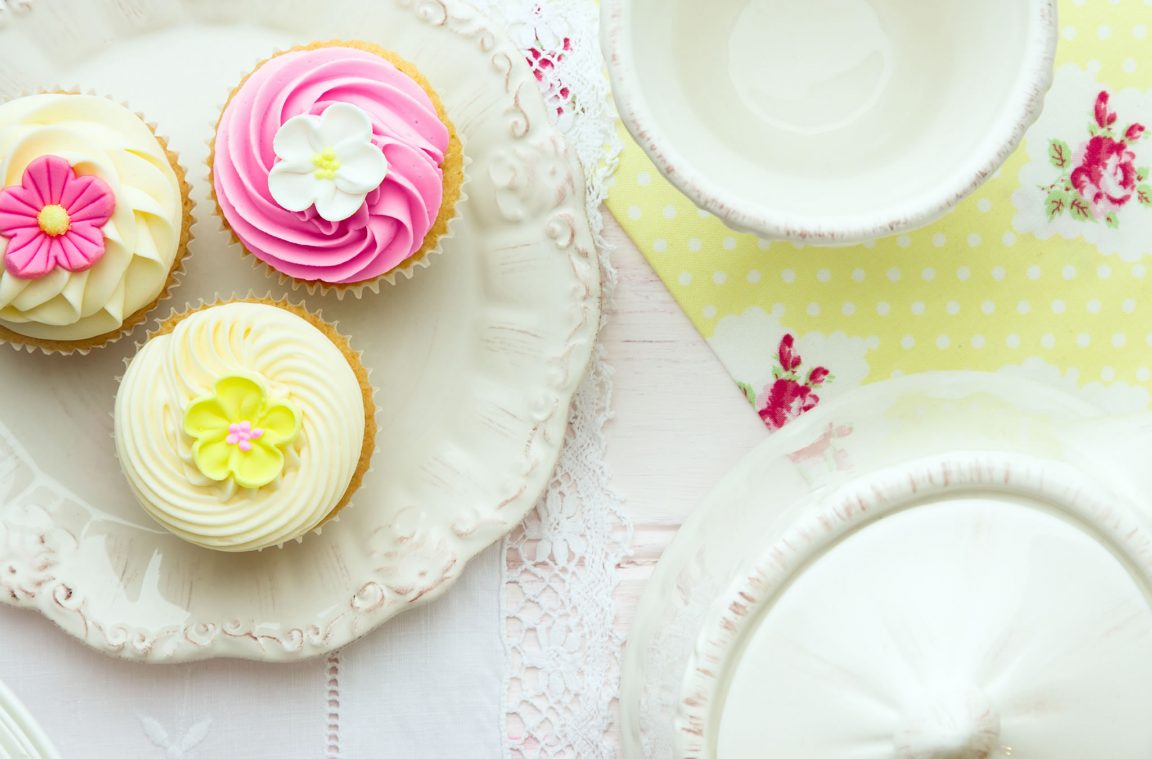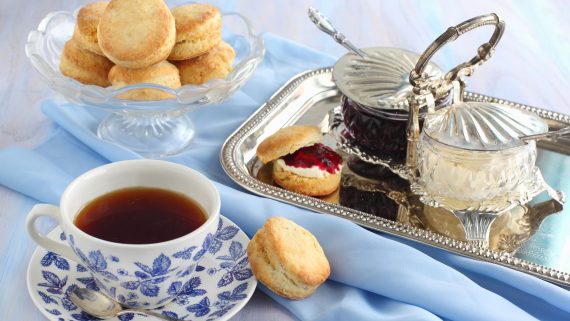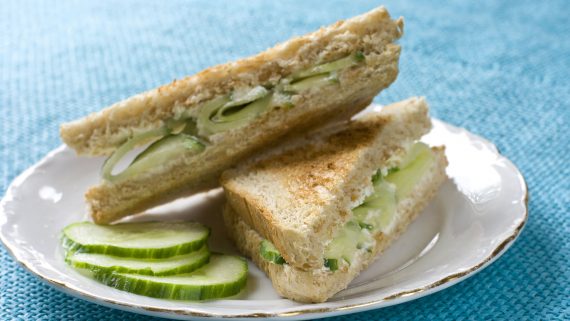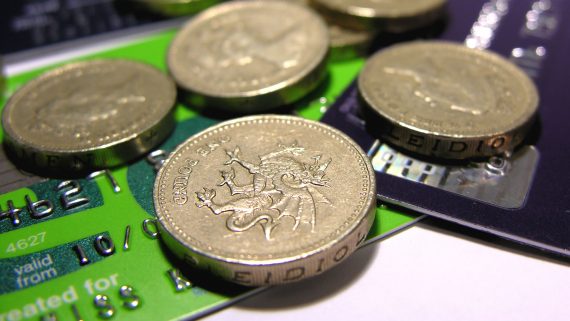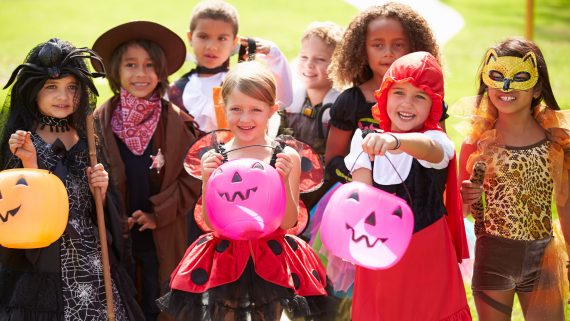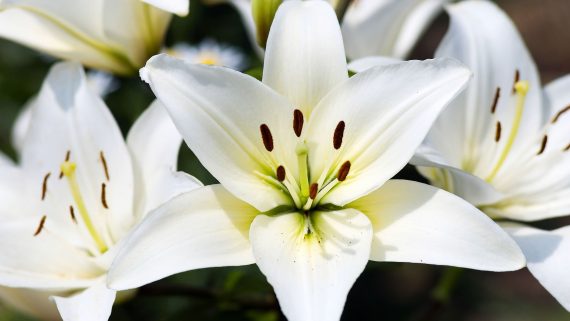The United Kingdom has a wide range of customs and traditions, some of them very curious and others extremely rare. Starting with the schedule that is followed in a normal day, until the celebration of festivities such as Easter, in this article we reveal what are the main customs in England.
Below you have an index with all the points that we are going to deal with in this article.
Article Index
- 1.
- 2.
- 3.
- 4.
- 5.
- 6.
- 7.
- 8.
- 9.
- 10.
- 11.
- 12.
Drink the tea
Tea time is one of the most representative customs of English culture. In the UK you can find a wide range of teas suitable for all tastes. Although taking it at this time is almost a ritual, the truth is that the English drink tea at all hours. It is a drink that helps to warm up, something that is undoubtedly an advantage if we take into account how the london weather.
This custom dates back to British high society several centuries ago, for whom tea time took place daily at 16:00 p.m. Drinking tea includes taking various cookies and cakes, although the most common are undoubtedly scones, some sweet round shaped rolls from Scotland. They are made from wheat, rye or oat flour, yeast and butter.
In addition to tea time, one of the quintessential English customs is the so-called tea break, which consists of a short break of about 15 minutes that can take place at any time of the day. Usually consists of a good bowl of tea accompanied by a sandwich or any other appetizer. In a normal workday, there is usually a tea time and at least two tea break.
Ways to greet each other
The behavior of the British is usually reserved, modest and not very abrasive, something that is usually reflected in their way of speaking and greeting. For other cultures, such as Spanish or Latin, they may seem cold or distant, but it should be noted that this is part of their culture and that ways to greet each other in England they must be respected and taken into account if we travel there.
The most frequent greeting is a gentle handshake, both when greeting and saying goodbye. It is a gesture that is usually used in all kinds of contexts, whether informal or more formal, and is also used between men and women interchangeably. In formal contexts, it would not be uncommon if the greeting is to take place between a woman and a man, he expects her to take the first step out of courtesy.
En London, it is very common to say goodbye orally with a simple Cheers, while to greet you can say from a Hello until a How do you do?, equivalent to our How are you?
Body language must also be very careful. As we said before, the English are not very in favor of using excessive closeness when speaking, especially if it is with strangers. Therefore, it is advisable to try to keep your distances, especially not touch the back or arm of our interlocutor, since he could consider this gesture as a great lack of respect. Looking directly into the eyes is, instead, a highly valued gesture.
Feeding Habits
In England there are 4 meals in total: breakfast, lunch, tea and dinner. Perhaps the strongest in the sense that they include a greater number of foods are breakfast and dinner or Dinner. The following ingredients are not usually missing: scrambled eggs with bacon, juice, cereals, toast, pastries, coffee, tea, milk ... During the week, due to the rush, it is not so common to take it, so it is usually left for the weekends .
At noon, the British take what is known as lunch. Although this concept is often equated with the Spanish custom of eating properly at noon, the truth is that it is not the same. He lunch It is usually done around 12: 00-13: 00 hours and the typical thing is to take a sandwich, a salad or a roasted potato (baked potato). Actually, it would be more appropriate to translate it as lunch.
Dinner or Dinner It usually coincides with the time the working day ends, an all the more reason why it is such a valued time of day. It is the strongest meal of the day of a British, something that supposes a culture shock with respect to the culture of other countries. Same as him lunch, translate it as Dinner it is not quite correct, since it really is not the same.
El Dinner It usually consists of a main course and a second course, and sometimes even an appetizer. It can be accompanied by a beer, wine, water or any other non-alcoholic drink. The main dish is usually accompanied by a garnish, already a salad, roasted potatoes, boiled vegetables, etc.
Schedule
The British usually wake up around 6 in the morning, when the routine begins. Although it is normal to go to work, in London It is very common to see locals wearing all the equipment to go to the gym. In either case, you should know that punctuality is a norm in all contexts of the daily life of an Englishman.
Meal time takes place between 12 and 14 hours, that is, in the middle of the working day, especially for those who work during office hours. Whatever time this break begins, its duration is usually between 15 and 45 minutes, in which the call is usually taken lunch. The time to leave work is usually at 17-18 h.
On the other hand, restaurants are usually open from 12 noon to 23 p.m. from Monday to Saturday. Clothing stores, supermarkets, and shops in general They open from 10 in the morning to 6 in the afternoon, something that clashes a lot with the Spanish schedule (from 10:00 to 22:00). Banks are open to the public from 9 a.m. to 17 p.m.
When going out at night, pubs and nightclubs England usually close at 11 or 12 at night, while others open until 2 or 3 in the morning. In any of the cases, this is far from the Spanish nightlife hours, since the closing time of a Spanish nightclub can perfectly be 8:00 in the morning.
Christmas
Christmas, like in many other countries in the world, is one of the most popular and celebrated holidays of the year. In England, it begins in Advent, that is, four Sundays before Christmas Day (December 25). Is a religious period in which Christians celebrate the imminent arrival of Jesus. In this sense, the use of Advent calendars is common in all houses, whether religious or not.
The houses are usually adorned with garlands, Christmas trees and other related decorations, such as holly, ivy, mistletoe, etc., all of them associated with the rituals of the British Druids, who were members of the priestly class of Great Britain, Ireland , Gaul and other parts of Celtic Europe during the Iron Age. Christmas wreaths made of pine, ivy and holly are placed on doors, tables and fireplaces.
The custom of putting up the Christmas tree became popular from 1840 on, when Queen Victoria's husband requested that it be included in Windsor Castle during the Christmas festivities. Furthermore, it is customary since 1947 that Norway I delivered a large Christmas tree to England, which is placed in Trafalgar Square. This gift is made as a commemoration of Anglo-American cooperationNorway during world war II.
On Christmas Eve, the smallest of the house usually hang their socks in the fireplace or at the foot of their bed so that Santa Claus can fill them with gifts, candies and sweets. Many children tend to leave food and drink for Santa Claus, usually cakes, carrots or even whiskey. On the other hand, gifts for the family are placed under the Christmas tree, a typical custom in many other countries.
Easter
In the UK, Easter is one of the biggest Christian celebrations of the year, with a large number of customs and packed with folklore and typical dishes. It takes place on a different date depending on the year, since it depends on the first full moon after the first day of spring in the northern hemisphere. Thus, you can start any Sunday between March 22nd and April 25th.
The first major holiday during British Easter is celebrated on the Thursday before Easter, known as maundy thursday. During this day a ceremony known as Royal maundy, in which the sovereign of England distributes Maundy Money among his subjects.
It is a ceremony of giving alms to the needy in which the Queen gives to the needy two bags. While one (of white color) contains coins for the value corresponding to the age of the queen, in the other (of red color) there is a coin of 5 pounds sterling and another for 50 pence. The recipients are divided into women and men, each group consisting of the number of people that matches the age of the Queen.
On the other hand, the Friday before Easter Sunday and the Monday after are public holidays in the United Kingdom and, during this period, British schools are closed for two weeks. The Friday before Easter, the crucifixion and death of Jesus Christ is commemorated, and is a day of meditation known as Good Friday.
Marriage and weddings
Marriage usually begins marriage proposal, a phase known in English as proposal. In heterosexual couples, it is the man who traditionally asks the girl to marry him. The request usually involves a whole ritual in which an engagement ring is first shown and the famous question "Do you want to marry me?" (in English: Will you marry me?), as he kneels before her.
If the woman accepts, then the bride and groom are engaged and the future woman must wear the ring on third finger of the left hand. Although it is customary for the man to make the request, in the United Kingdom it is believed that February 29 (in leap year) is the only day on which the woman can ask the man for marriage and not vice versa. . After the request, it is normal for the couple to be engaged for a time until the wedding.
The wedding day is considered for the bride as "the happiest day of her life", although the reality is that it ends up becoming a somewhat stressful experience given the large number of commitments and things that must be done before she has place the ceremony. As in any European wedding, the groom waits for the bride to arrive accompanied by his father and several maids of honor, girls with bouquets of flowers and boys in charge of wearing the rings.
Write text messages
The English have their own customs when it comes to sending text messages (nowadays, rather WhatsApps) or emails to others. Despite their habit of keeping their distance and being very correct at all times, texting can be really affective.
Thus, one of the strangest and most striking customs of English society is that of say goodbye with a simple "x". What does the letter x written at the end of a message mean? Well, it doesn't mean anything other than Kisses. Depending on the degree of closeness with that person, we will put one or more "x" (thus, in lowercase).
On the other hand, the English tend to be very insistent when it comes to apologizing, even by text message or e-mail. Even in the middle of an argument in which the offended party could be them, they often insist on writing to us Sorry over and over again, English way to say Sorry.
Cashback at the supermarket
The custom of cashback It is something that does not exist in other countries like Spain and that, for that reason, can be shocking to tourists. When paying for your purchase at the grocery store, the person at the checkout may ask something like "Do you want any cashback?" That is, "Do you want some cashback?" cashback?«.
Literally the term cashback means refund of money and, as you will see below, it is a very useful practice. This practice is only feasible when paying with Debit And it consists of paying more money so that after they pay the difference in cash. It is a way to save us having to go to the ATM to withdraw money.
In summary, cashback It involves making use of the supermarket checkout as if it were an ATM. To answer the question mentioned above, you will need to give an amount. For example, if you respond with £ 10 and the total of your purchase is £ 25, the card will be charged £ 35, then £ 10 returned in cash.
Halloween
As in other countries, Halloween takes place on October 31. Although it depends on the family or group of friends, there are those who organize parties on this date or in the days close to it. The guests usually dress up as skulls, ghosts or other terrifying characters. On the other hand, the most representative symbols of British Halloween are pumpkins, bats and spiders.
As for children, it is common for them to go house to house saying Trick or Treating Or what is the same, trick-or-treat. Of course the little ones do this disguised and their goal is to get candy from each of the houses they visit. If they get candy or any other snack, it is considered trick. Instead, those who refuse will be penalized with a trick, usually a little joke.
The celebration of Halloween dates back to pagan festivals that took place in England, Scotland, Wales, and Ireland several centuries ago. It should be noted that Halloween is not considered a holiday in the United Kingdom, so schools, companies, shops and other institutions open during normal hours. Public transport also works normally.
Monarchy
Of course, the Queen isabel II and the British family in general have the most curious customs. In an interview with Darren McGrady, former chef of the British royal family For more than 15 years, he confessed to discovering several of Her Majesty's most extravagant customs.
Thus, for example, he comments that on one occasion he was ordered to peel three carrots, cutting off the tips and leaving them no longer than an index finger. Discussing with the rest of the team how much the Queen seemed to like carrots, she found that they were not actually for her, but for her horse.
On the other hand, McGrady also observed that neither the Queen nor the royal family in general want the it form part of the ingredients of your dishes. In short, the former chef confesses that the Queen likes meals cooked and served as she has been used to all her life, without changes.
McGrady also explained that royalty likes to eat "seasonally", that is, while in summer strawberries are part of the Queen's daily menu, if they are served in January, she will reject them because it is not the time of this fruit. In addition, she prefers those that are grown and collected in her own garden at Balmoral Castle, her summer residence in Scotland.
Funeral
Many of the current burial customs of British society date back to the Victorian era. Thus, firstly, in the United Kingdom, as in many other European countries, people continue to wear black to attend funerals, unless the family of the deceased person indicates otherwise. In addition, it is usual for the family to announce the death of their loved one through a journal local or national.
Daylilies are the most widely used flowers for funerals in the UK, although carnation and roses are among the most popular choices. However, today flowers are often chosen based on the preferences of the deceased. Many are the British who believe that flowers are a symbol of the continuation of life and, therefore, use flowers at funerals.
Most funerals in the UK are public unless the family requests it to take place in private, only between family and friends. After the funeral, it is also a common tradition to carry out a march in which the coffin and the wreath are in a carriage escorted by a hearse or limousine. Traditionally, the march was made by the road and the funeral director was the one who guided the rest, a ritual known in English as paging away.
Both cremation and traditional burial are valid and common ways of saying goodbye to the deceased in the UK. It is also custom throw dirt above the coffin during the burial. Likewise, flowers or personal objects are also often thrown as a symbol of affection and remembrance.
This article has been shared 145 times. We have spent many hours collecting this information. If you liked it, share it, please:
